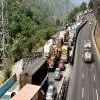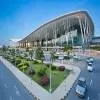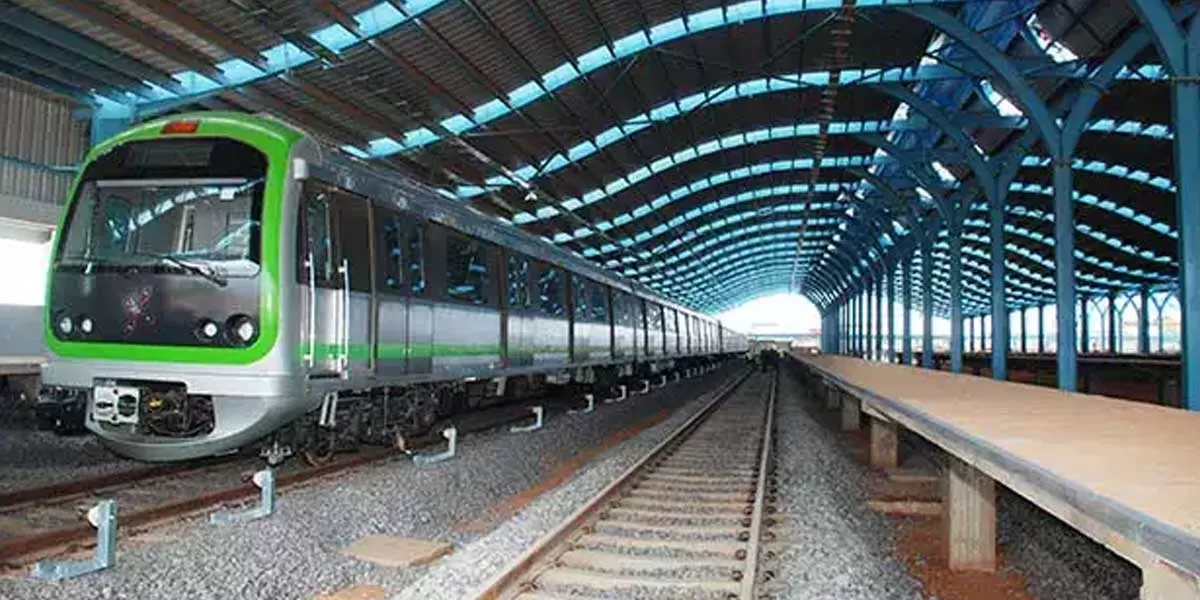

Litti Chowk-Baliguma Four-lane Bridge Construction Halted in Jamshedpur
The construction of a four-lane high-level bridge over the Swarnarekha River, connecting Litti Chowk in Bhuiyadih to Baliguma, has been stalled due to a critical design flaw. The delay has been further prolonged by the vacant position of Chief Engineer (Design) in the Road Construction Department, leaving the project in uncertainty. The foundation stone for the bridge was laid on October 4, 2024, just before the implementation of the Lok Sabha election code of conduct. However, construction did not commence immediately. When work eventually began after the elections, a major flaw in the desig..
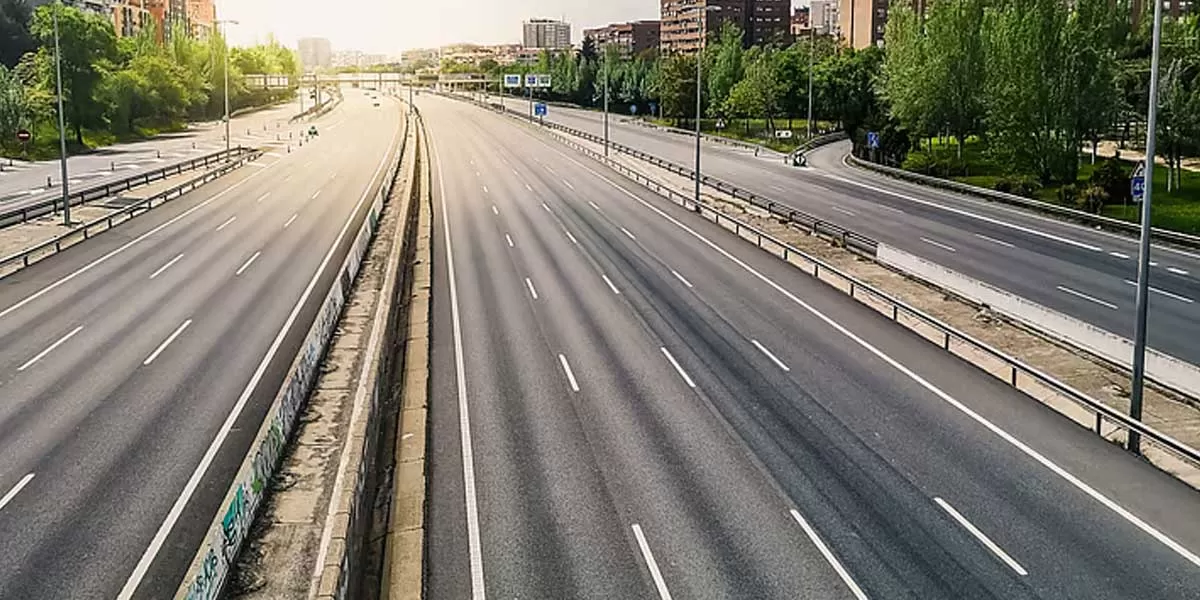
MoRTH Eases Restrictions for PNC Infratech and Expands Project Scope
PNC Infratech and its Special Purpose Vehicles (SPVs) will regain eligibility to bid for new infrastructure projects starting February 17, 2025. This follows a revised directive from the Ministry of Road Transport & Highways (MoRTH), which reduced the previously imposed restrictions on the company and its SPVs from one year to four months. The restrictions, initially enforced on October 18, 2024, were modified through an order issued on February 6, 2025, contingent on the completion of specific procedures with the National Highways Authority of India (NHAI). With this development, PNC Infrat..
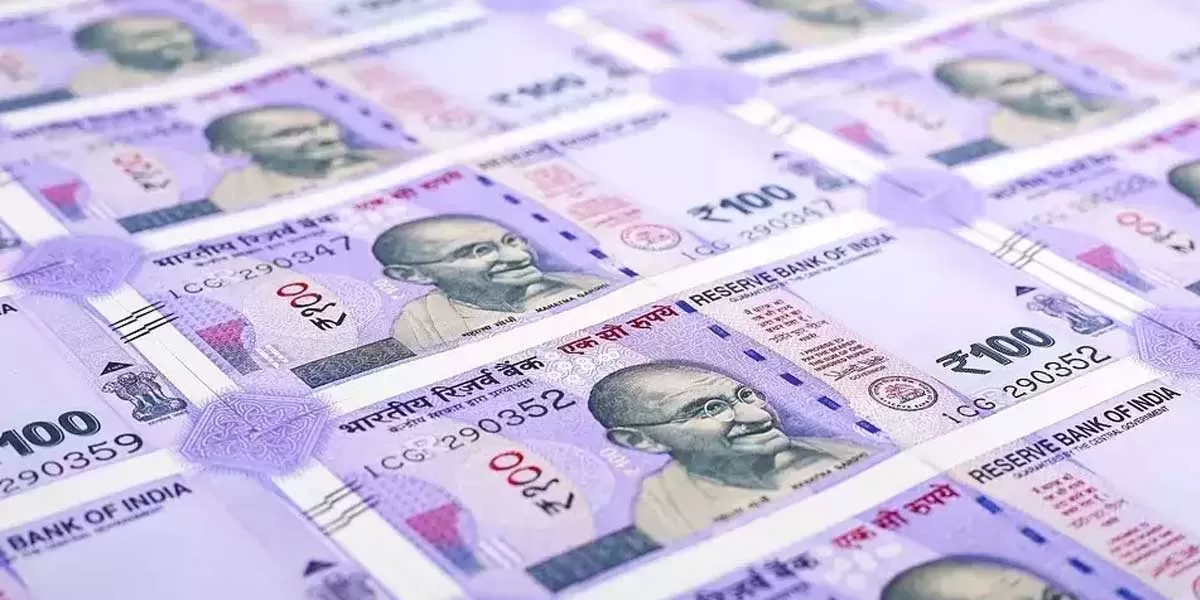
IRB Infra Toll Revenue up to Rs 5.60 bn in Jan with Fighest from Maharashtra
IRB Infrastructure reported a 20 per cent year-on-year increase in toll revenue for January, reaching Rs 5.59 billion. In comparison, the company's toll collection business had generated Rs 4.66 billion in the same month last year, according to its exchange filing. Among its 17 toll plazas, the IRB MP Expressway in Maharashtra accounted for the highest share, contributing Rs 1.55 billion to the total revenue. The Ahmedabad-Vadodara Super Express Tollway followed with a revenue contribution of Rs 690.9 million. Additionally, the CG Tollway, which operates on the Chittorgarh to Gulabpura stretc..








